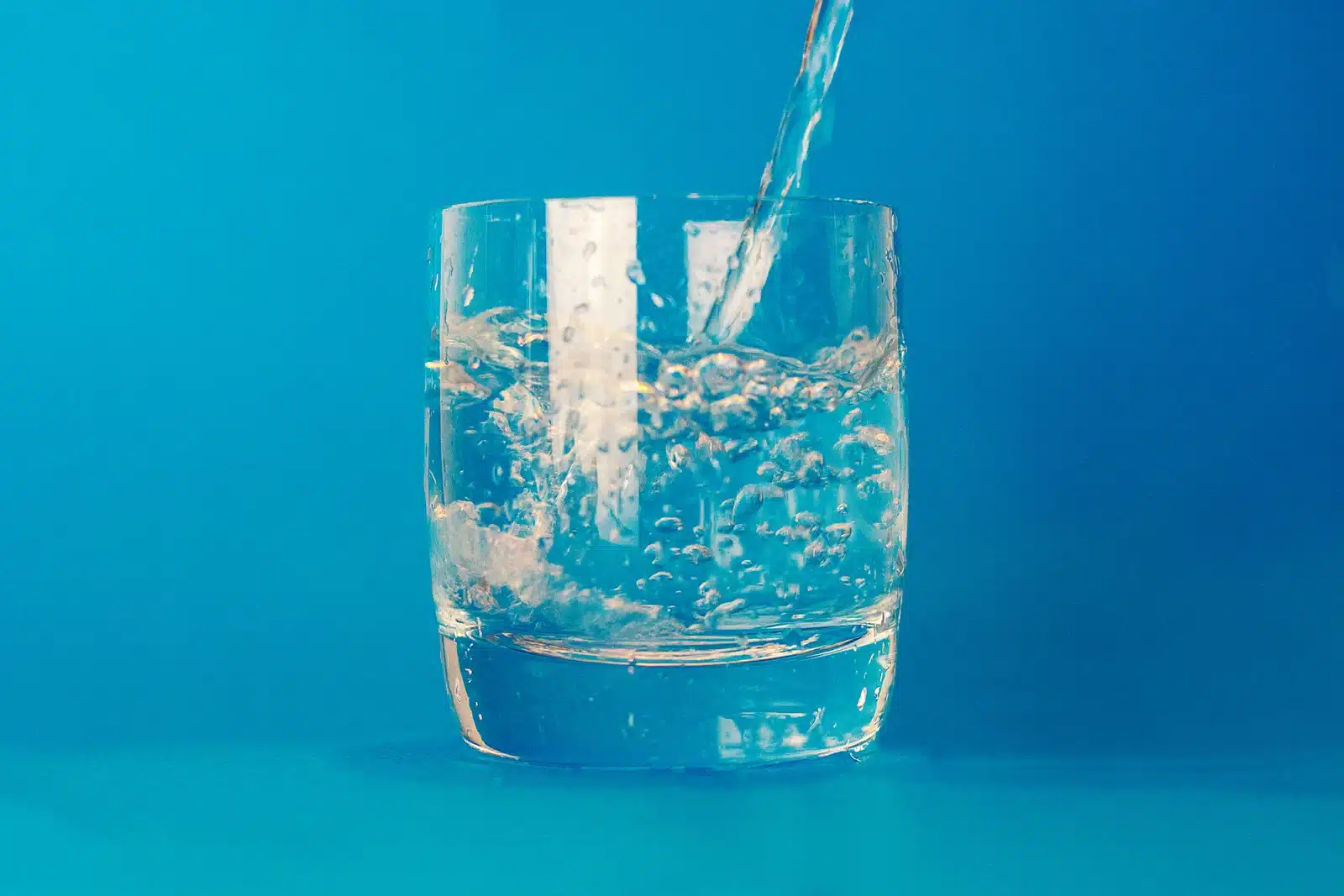Staying hydrated

In our latest blog, with one of the warmest, driest July’s on record and with August predicted to be warm too, we explain why it’s important, especially with older people in mind, to make sure you/they are staying hydrated.
If there’s one thing the British like to talk about it’s the weather and during extremes of weather the news seems to feature little else.
The record breaking 40C temperature reached in July naturally led to warnings being issued but it’s important to remember that sunlight can boost our health and a balancing act should be struck.
Vitamin D has been shown to improve bone strength, improve mobility and ward off conditions including osteoporosis. The best source of vitamin D is sunlight and so spending half an hour outside on a sunny day can help and has also been shown to boost our mental health.
Enjoying the sun must be balanced with the risk that hot weather brings both in terms of sunburn and also of dehydration.
Ensuring the elderly have a good supply of food, household essentials and medication at home – both for themselves and any pets – can help avoid having to make emergency outings during the hottest part of the day. Similarly, any essential appointments should be booked for the morning or late afternoons.
Scientists believe very hot days like we’ve already had this summer, when the advice to the elderly is simply to stay indoors, will become more frequent. On those days oily fish such as mackerel, salmon and tuna or pills can help ensure we get our vital vitamin D.
Staying in the shade indoors can help prevent exposure to the sun, but not always from the rising temperatures which can lead to dehydration – where the body loses more fluids than it takes in.
Age-related conditions can lead to a reduced sensation of thirst which is why it’s important to drink throughout the day – not wait until you feel thirsty.
Even mild dehydration adversely affects mental performance and increases feelings of tiredness. Mental functions affected include memory, attention, concentration and reaction time. Common complications associated with dehydration also include low blood pressure, weakness, dizziness and increased risk of falls.
The forgetfulness that can affect older people and those suffering dementia can result in them not remembering to have a drink with meals or during the day and this can cause serious problems during a heatwave.
Different flavoured squashes or cordials can give a fresh twist to the daily 6-8 glasses of water we should be drinking and ice lollies help take on water and cool the core – as well as reminding us of our youth!
Salads featuring lettuce, celery and tomatoes will all help ward off dehydration as will water-heavy but tasty fruits such as melons, strawberries and grapes.
More advice from Age UK on how the elderly can keep well during a heatwave.